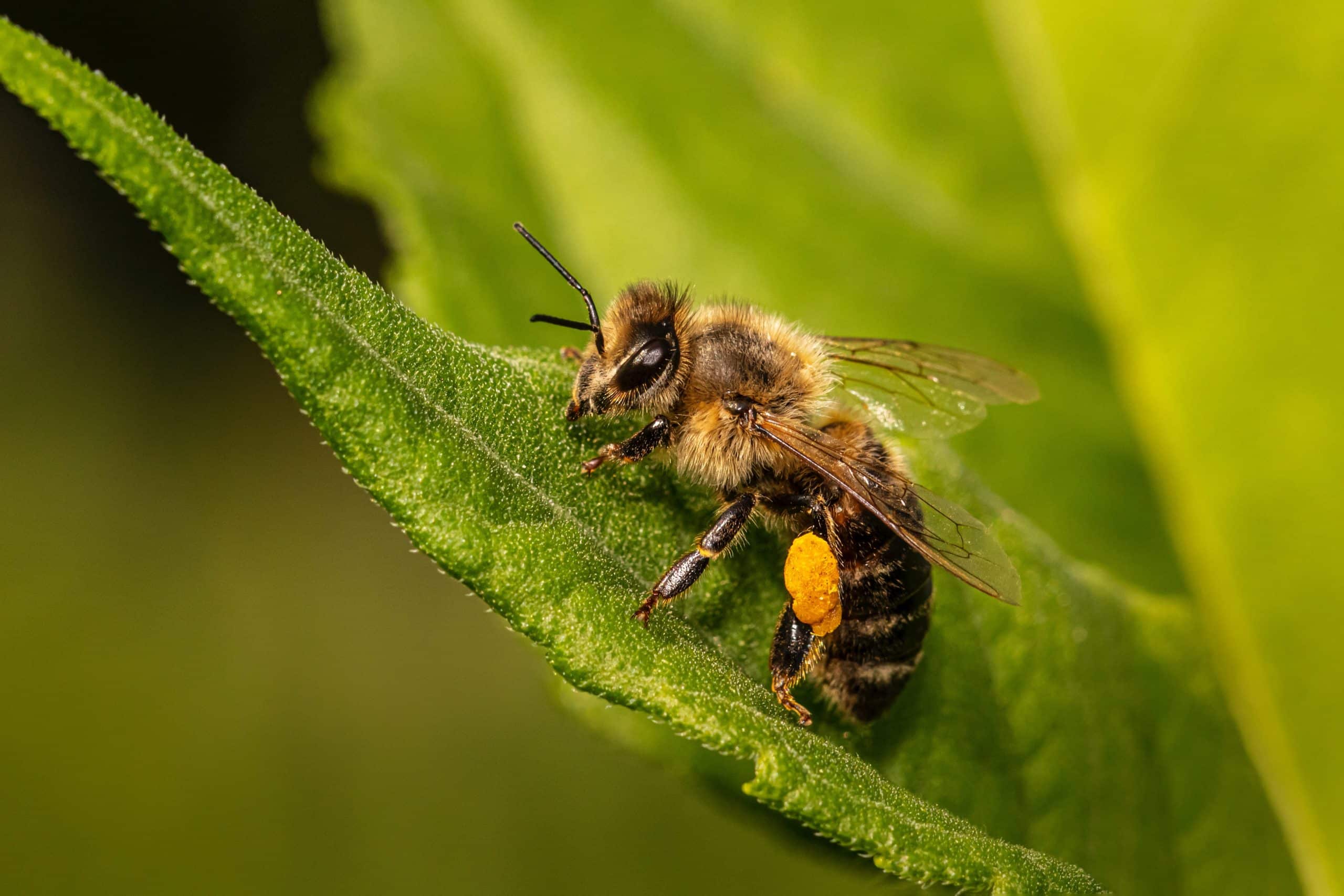I: What is your name and which is your role?
A: My name is Anna Gajda, I have a PhD and I am head of the Laboratory of Bee Diseases at the University of Warsaw for Biological Sciences. I am also head of the Department of Veterinary Pathology and Diagnostics, also at the same university.
I: Could you tell us tweet style, what is your field of research?
A: My field of research is honey bees and pollinator diseases in general, so I am a bee veterinarian!
I: When did you start developing this passion for this field of research?
A: During my penultimate year of my studies in veterinary school, I took a course on bee diseases and immediately became passionate about it. I knew from the start that I didn’t just want to deal with dogs and cats, but also to protect these fundamental pollinators. I think this is my path, the only thing I want to do until I retire.
I: Is that how it was or have things changed?
A: I wanted to be a vet. As a child I always wanted to look after cats, dogs and horses, maybe even some exotic animals like snakes or exotic birds. I thought I would work in a zoo, and for a while I actually did! But then came veterinary school and meeting bees, and it was immediately platonic love. It’s been almost 14 years and I’m still doing the same thing, I think I’ll never betray them!
I: Could you tell us two areas of research that you think are interesting?
A: It might be unexpected: bee science of course! I find it extremely fundamental, without these insects we could not live more than four years. I also have a hidden passion for criminology. I haven’t studied anything about it, but I read books on the subject because I think it is extremely fascinating.
I: In your opinion, what is nowadays the main threat against pollinators in general?
A: It may not be a popular opinion, but I think the main threat against bees at the moment is the beekeepers themselves. Not the excess of colonies, but beekeepers who do not treat them well enough as they should. I think they are breeding diseases in their hives without realising it and these diseases are then carried by the bees onto the flowers and in this way all the other pollinators are also infected. It is a vicious circle. This is the main threat. Also, of course, too many honey bee colonies are present in some areas and this means that there is not enough food for all the other pollinators. Too much is not good, so there has to be a balance for the well-being of the ecosystem.
I: If you had a budget of one million euro, how would you use it to help pollinators?
A: I actually thought about it for a while. Firstly I would do two things: set up forced education for those who want to become beekeepers and maybe even create better laws on beekeeping. In the latter case I mean laws at European level that would apply to everyone. Because creating a law and then implementing it obviously costs money, so that’s what I would do in the first place. I would certainly invest a lot of money in the research of pesticide-free agriculture, although I think it is not the most important cause of bee losses, but I also think it could be solved if it was studied enough and in the right way.
I: In your opinion, what scientific breakthrough could realistically be achieved in the next 5-10 years that could have a big impact on pollinator protection in your area?
A: I think probably research something could be something against varroa destructors, maybe a biological control agent. Because a lot of effort is put into it and everyone wants to stop using the substances, and I think that is a really good thing. Also, as I said, maybe use less pesticides in agriculture.
I: What is your favourite insect?
A: Bumblebees without a doubt! I even got a tattoo dedicated to them, they are fluffy and so cute!
